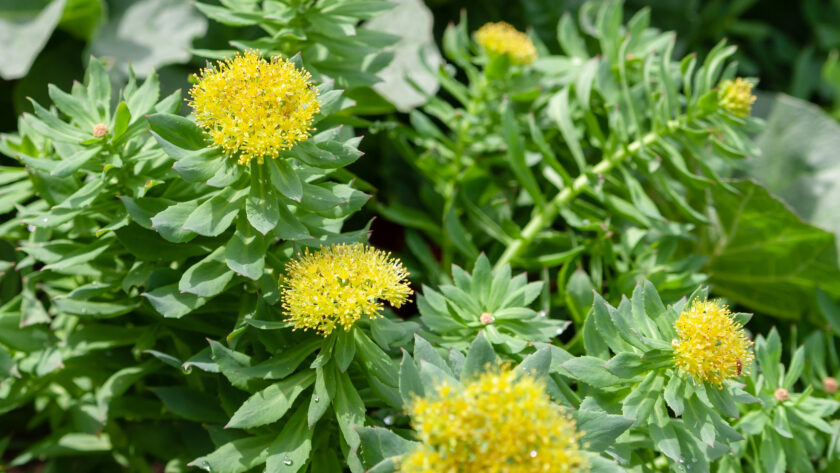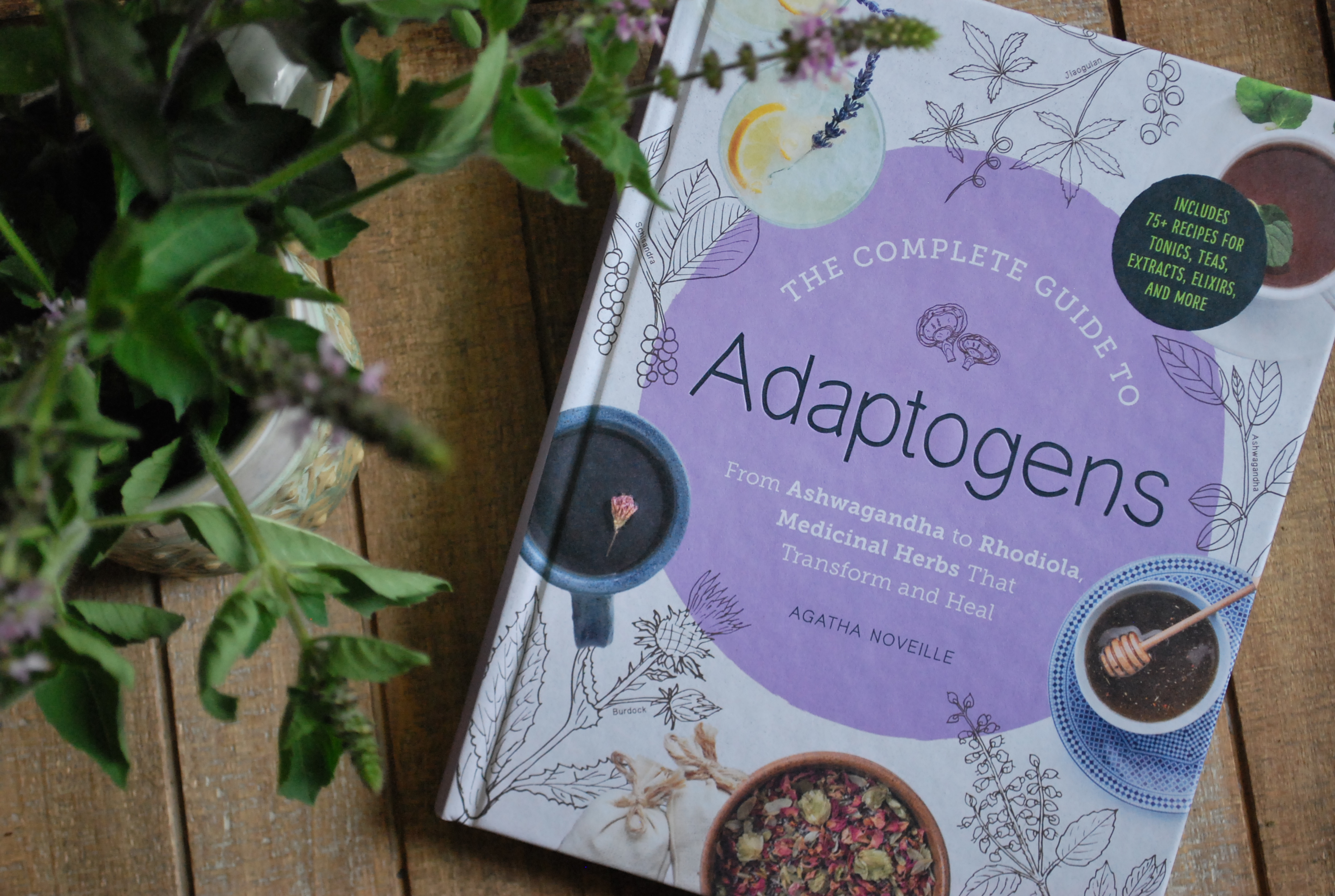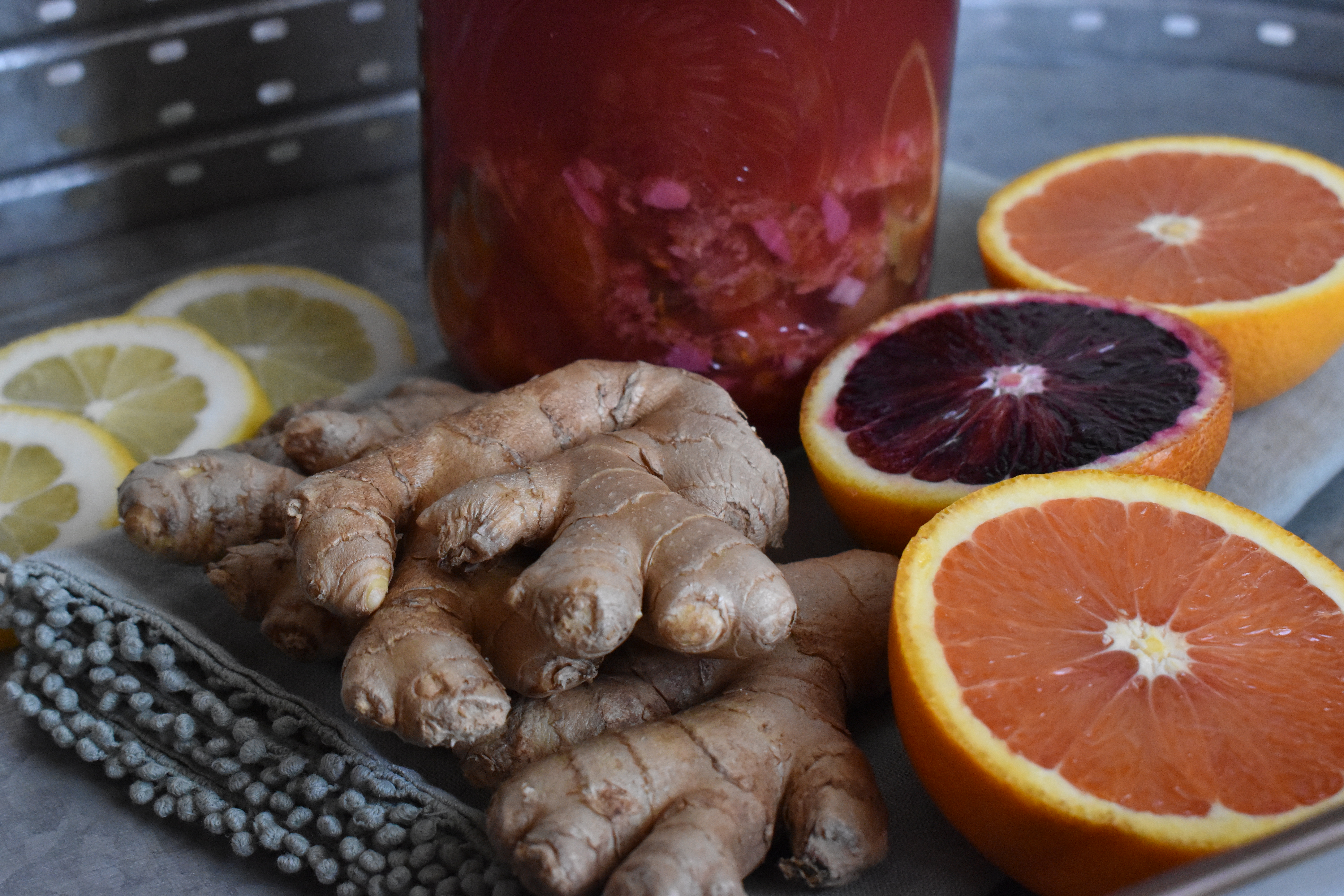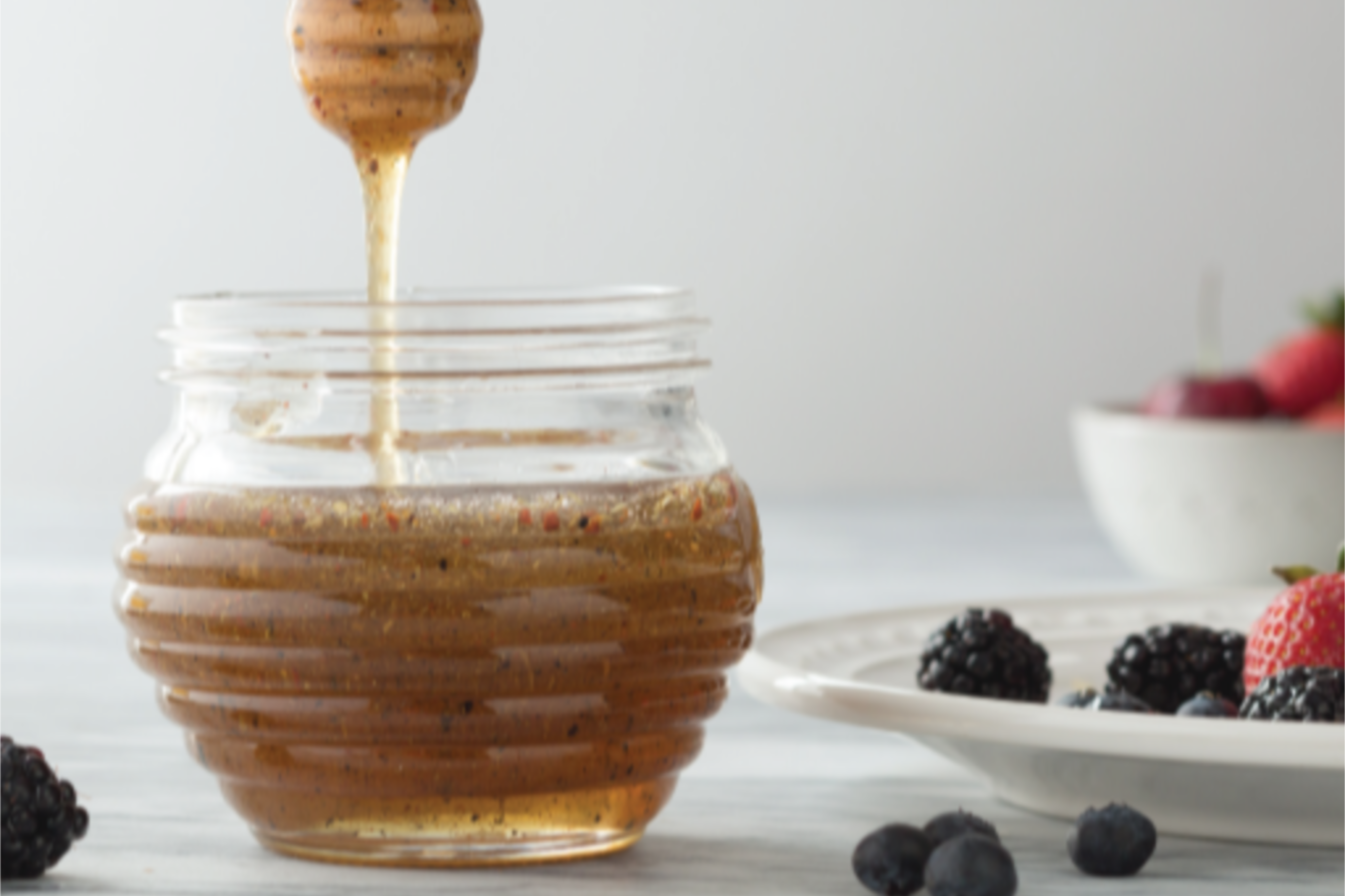Rhodiola (Rhodiola rosea) is also called rose root and golden root. Like other adaptogens, Rhodiola benefits for wellness may include support for mental, emotional, and physical wellbeing.
Before it is packaged and bottled, this plant is a small arctic succulent. It grows in parts of Canada, Siberia, and Scandinavia. Some plants are very adaptable, but this one prefers to grow at high altitudes.
Traditional herbalists describe Rhodiola as a fertility herb. They also use it to support athletic stamina. Traditionally, it’s also valued as a winter tonic for supporting the lungs and immune system during harsh, wet winters. (Wintson and Maimes, 2019)
Nervous system Rhodiola benefits
Studies have shown that this herb seems to have many benefits for the nervous system. Modern herbalists use this herb for:
- individuals recovering from traumatic brain injury
- supporting healthy nervous systems and cognitive functions for people with depression and ADHD
- people with degenerative brain disorders like early-stage Alzheimer’s who might benefit from supporting healthy cognitive function
- herbal support for brain fog and mental fatigue from burnout and overwork
Rhodiola benefits for physical health
This herb is great at supporting the connection between physical health and immune function. Traditionally, it’s also used to help the body comfortably adjust to harsh physical environments.
- herbal support for high altitude travel
- traditional herb used during cold, wet winters to support the immune system and lungs
- supportive of healthy immune function in the face of chronic stress, over-training, and overwork
- studies have shown that it’s cardioprotective. It may support healthy cardiovascular function, strengthen the heart muscle, and protect the heart muscle from chronic stress (Brown, et al. 2002).
Cautions for using Rhodiola
In herbalism, we classify Rhodiola as stimulating and drying. This helps guide us when matching herbs with people.
- Because it’s stimulating with an affinity for the nervous system, it’s not a good choice for people with diagnosed or suspected manic episodes or bipolar disorder.
- Rhodiola may not be a good match for someone presenting with many dry complaints like dry skin, dry mouth, dry eyes, vaginal dryness, or constipation from dryness.
- Like many other stimulating adaptogens, avoid using after 2:00 pm if you have trouble sleeping.
And, of course, it’s always a good idea to check in with your healthcare provider before adding herbs to your wellness routine. However, Rhodiola is an herb with a long traditional record of safe use.
How to use it
I like using this herb as an extract. For store-bought extracts, follow the directions on the bottle. The serving size is usually 2-3ml up to 3 times a day. Remember that you can start once a day and go up from there. This is a great way to let your body adjust and see what works best for you.
If you buy Rhodiola root to make tea, remember that it’s best to simmer it for 15-20 minutes. This gives the water time to soften the roots and extract all the beneficial properties. Then, let it steep for at least 45 minutes. I like to make a quart at once and store it in the refrigerator. Use 4-8 tsp dried root per 1 quart of water. I usually do one 8 oz serving per day. Some people prefer two servings.
Enjoy Rhodiola benefits with recipes
Do you like creative herbal recipes? Try these!
Strawberry Lemon Fizz with Rhodiola Extract
This is a simple summer drink recipe. Other than the Rhodiola extract, all of the ingredients are available at the grocery store. It only takes a few minutes to make, but it’s so refreshing!
This is my recipe for Mother Earth Living. I love a nice herbal latte. Coffee makes me jittery, so I like using adaptogens instead! Lately, I’ve seen Rooibos tea on the shelf at my grocery store. If you can’t find it there, it’s easy to order online. I like the one by Numi teas.
References
Winston, D.; Maimes, S. (2019) Adaptogens: Herbs for strength, stamina and stress relief. Healing Arts Press.
Brown, R.; Gerbarg, P. Ramazonov, Z. (2002) Rhodiola rosea: A Phytomedical Overview. Herbalgram. Issue 56. pp 40-52. http://herbalgram.org/resources/herbalgram/issues/56/table-of-contents/article2333/
A freelance writer and herbalist since 2011, Agatha is dedicated to creating an online reader and listener supported platform supporting her work as an herbalist. Her focus in herbalism includes sustainable agriculture, community wellness and accessibility, and botanical conservation.





